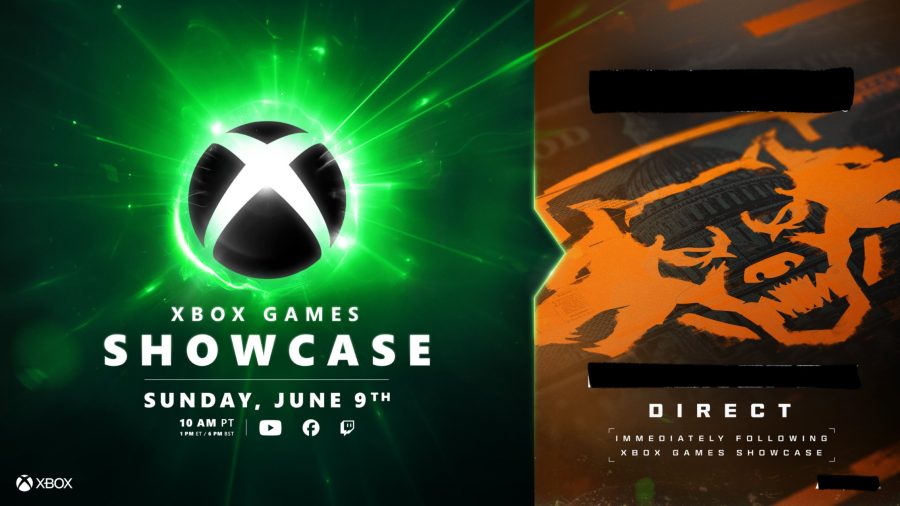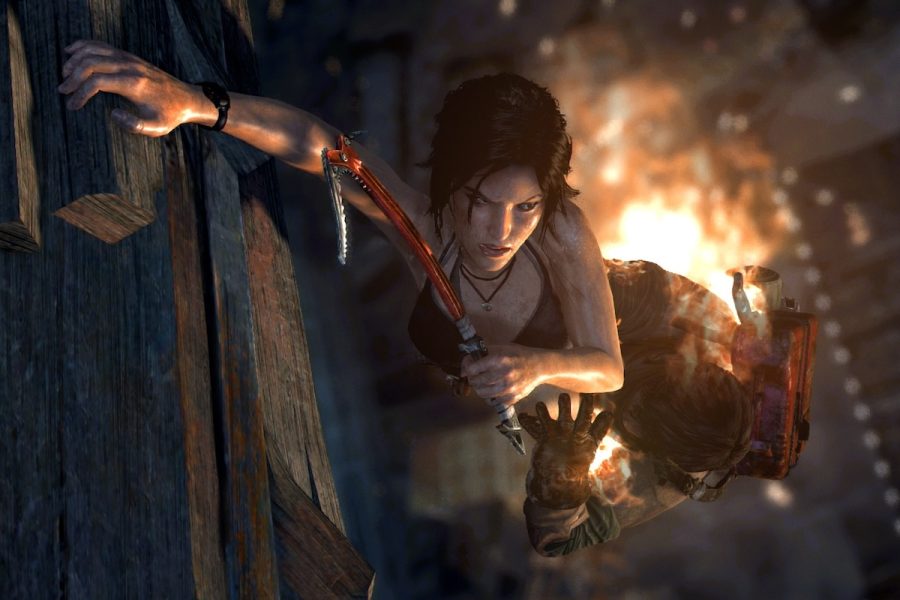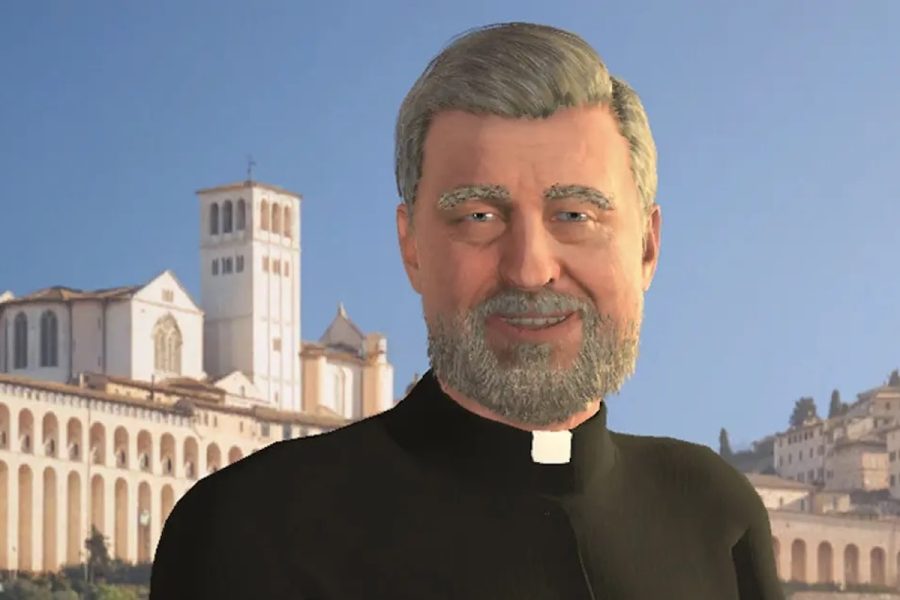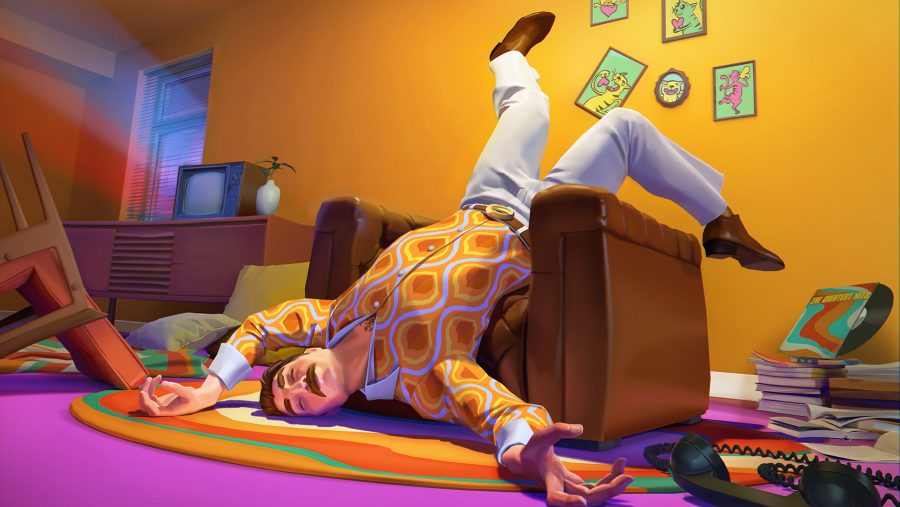Wikipedia will turn 10 years old this weekend and its extended family is throwing it a birthday party in more than 300 different cities around the world. The full list of events is available at ten.wikipedia.org.
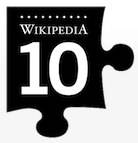
The significance of Wikipedia to the world can hardly be overstated. There was a time, not so long ago, when the most fortunate people in society would ride a horse for days to visit their nearest library, only to find a tiny fraction of the information that the internet makes instantly available to anyone today. Wikipedia is a primary place that information is neatly and collaboratively organized. That means you should take some time this Saturday night to make a toast to Wikipedia. How disruptive to our understanding of the world can Wikipedia be? Below, a particularly good example.
So for most of recent history, we’ve used paper encyclopedias, right? Many families had them and they were a growing child’s window to the world. I bought a house last year that had a special shelf built into the wall for an encyclopedia set and sure enough, all the books are still sitting in there.
Some time ago I cracked one open and came across the following entry, purely by chance. Give this a look, then check out the corresponding Wikipedia entry and consider the impact of reading one vs. the other.
From The American Peoples’ Encyclopedia (1970)
Horseshoe Bend, Battle Of, a battle between Creek Indians and a force of militia and regulars under Gen. Andrew Jackson, Mar. 27, 1824, in the bend of the Tallapoosa Ricer, in what is now E Alabama. Jackson and his men had pursued the Creeks in a long campaign, and coming upon them in an entrenched position killed all but a few. The battle destroyed the Creek power. The site was made a national military park in 1956.
You might not ever guess it, but the Wikipedia entry for the Battle of Horseshoe Bend tells a very different story. A story of deeply racist betrayal. According to the Wikipedia entry, Jackson used allied Creek Indians to massacre dissident Creeks in the battle, then lumped them all together after the battle to push all survivors out of the area. The Chief that led the allies, and who had saved Andrew Jackson’s life in battle, later said that if he knew how Jackson would later turn against him, he would have killed the future US President at Horseshoe. The battle and betrayal, according to Wikipedia, helped propel Jackson’s boost with [white] voters and put him in the White House, where he became synonymous with a campaign of genocide against the Native Americans.
That’s an important story in American history that was collaboratively put together by scores of editors over the last 8 years. Before Wikipedia, readers young and old, seeking to understand the world, would have had no idea. The American Peoples’ Encyclopedia sure wasn’t going to tell them the full story. That was just one random example. I just cracked open the paper encyclopedia to a random page, then fired up mobile Wikipedia on my iPhone and compared the two. It’s like Wikipedia is to the encyclopedia what Wikileaks is to a White House press conference.
Thanks, Wikipedia, and happy 10th birthday. To many, many more!
















